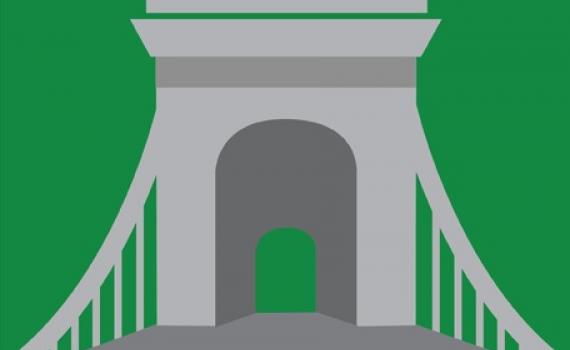
The Budapest Open Access Initiative (BOAI) - the first international open access declaration - will celebrate its 20th anniversary on 14 February 2022. In preparation, the BOAI2020 steering committee is working on a new set of recommendations, based on BOAI principles, current circumstances, and input from colleagues in all academic fields and regions of the world.
We’re particularly interested in responses to the questions below. When a question asks about the long-term goals of the open access (OA) movement, please answer in light of your own long-term goals for it. Feel free to focus on just the questions you think are most important. Also feel free to add questions of your own that don’t appear on our list.
Please send your responses to boai20anniversary@gmail.com before 22 October 2021.
Please also spread the word about this initiative and encourage others to send their thoughts on our questions. If you are sharing our request via social media, use the tag #boai20.
In addition to gathering email responses to these questions, we will hold community calls over Zoom during September and October with various stakeholder groups and regional communities. You can join this call on 13 October.
The steering committee will not make your responses public. It will only use them to inform its discussions when formulating the new set of recommendations.
Thank you on behalf of the BOAI 20th anniversary steering committee: Dominique Babini, Leslie Chan, Melissa Hagemann, Heather Joseph, Iryna Kuchma, and Peter Suber.
Questions
- What has OA enabled you to do or achieve that would have been more difficult or impossible without OA?
- What are your long-term hopes or goals for OA, beyond growing the quantity of OA research? In assessing the success or failure of the OA movement, now or in the future, what kinds of accomplishments would you consider?
- Do some strategies (methods, models) to advance OA have harmful longer-term consequences? If some strategies do cause harm, which strategies and which harms? Which strategies to advance OA positively foster (or at least avoid conflicts with) longer-term goals?
- Which obstacles to OA, including misunderstandings about OA, are the most serious in your environment? Be specific about local circumstances. If you feel comfortable, sharing your institutional affiliation or regional location will provide context to your response.
- How does research assessment affect your decision to make your own work OA? How does research assessment affect the languages or venues where you chose to make your work available? What realistic and specific actions would help overcome those obstacles where you work?
- What inequities in scholarly publishing and research can OA address? What inequities can it not address?
- What current or new approaches to OA would best address the particular needs of your community or region?
- What are the most important actions you could take as an individual to advance OA?
- What are the most important actions your institution could take to advance OA?
- What are the most promising fronts for collective action (by individuals and organizations) to advance OA and its long-term goals?
- Tell us one or more success stories. How have certain OA policies, practices, or initiatives provided concrete benefits for you, your organization, or your region?
- Tell us one or more “failure” or “frustration” stories. How have certain OA policies, practices, or initiatives had undesirable outcomes?
SHARE / PRINT









